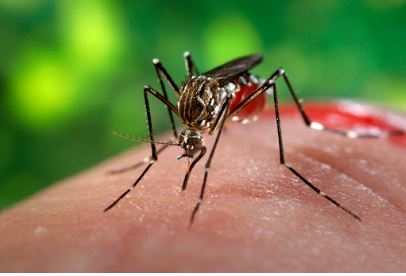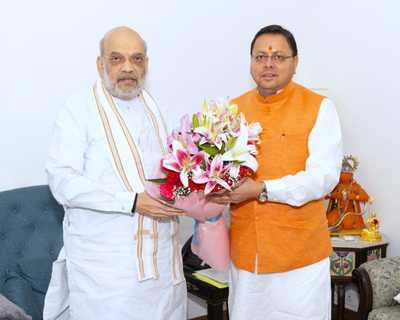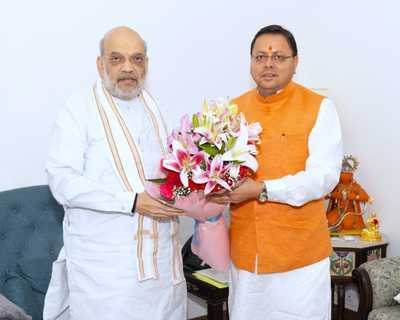

Jakarta, June 17 (IANS) Indonesia is stepping up its measures to achieve malaria-free status by 2030, and is currently focusing on reducing cases in the country's easternmost region of Papua.
The Southeast Asian country reportedly has the second-highest number of malaria cases in Asia, following India, although it has seen a decrease in cases from around 443,000 in 2022 to around 418,000 in 2023.
According to the 2024 report from the World Health Organisation, Indonesia was lauded for its achievements in malaria control over the last decade. However, malaria cases in the country have increased consistently, following a surge last year to around 543,000 cases.
The region of Papua contributes over 90 per cent of the national burden of the mosquito-borne disease, based on official figures from the country's Health Ministry.
At present, the Central government is taking several accelerated measures, including integrating malaria detection into its newly established free health checkup programme, as well as implementing mosquito population control in Papua.
This year, authorities are targeting 8 million malaria tests, almost double the 4.3 million tests conducted last year.
The Health Ministry will also increase the number of health workers for testing and detecting active cases and help distribute antimalarial drugs to patients across Papua. Private firms will also be involved in strengthening environmental management and controlling populations of Anopheles mosquitoes that transmit malaria.
In addition, the government is strengthening its collaboration with other countries to eradicate malaria.
Indonesia is hosting the ninth Asia Pacific Leaders' Summit on Malaria Elimination, taking place on the island of Bali from Monday to Tuesday. The summit brings together health ministers from the region, senior officials, experts, civil society representatives, and global partners to foster robust multi-sectoral partnerships.
Involving around 250 participants from 23 countries and regions and international organisations, the annual meeting also brought together several health ministers, including those from Papua New Guinea, the Solomon Islands, Timor-Leste, Vanuatu, Laos, and Pakistan.
Murti Utami, the ministry's acting director general for disease control, said in her opening speech on Monday that although some countries have recorded significant progress in controlling malaria, the Asia Pacific region still faces major challenges, such as high caseloads, cross-border mobility, the emergence of zoonotic malaria, drug resistance, and the impact of climate change, Xinhua news agency reported.
"We are not starting from scratch. Across the region, we already have a strong foundation, including community-based efforts and successful innovations. What we need now is to accelerate, align, and sustain these efforts," she added.
--IANS
int/jk/vd
-
Chelsea eyeing a move for this 20-year-old Lyon’s winger

-
Uttarakhand CM Dhami meets HM Amit Shah, discusses key development issues

-
Uttarakhand CM Dhami meets HM Amit Shah, discusses key development issues

-
TNPSC Group 1 answer key 2025 likely soon; check details here

-
What's Next for Israel's Strategy Against Iran's Nuclear Ambitions?
